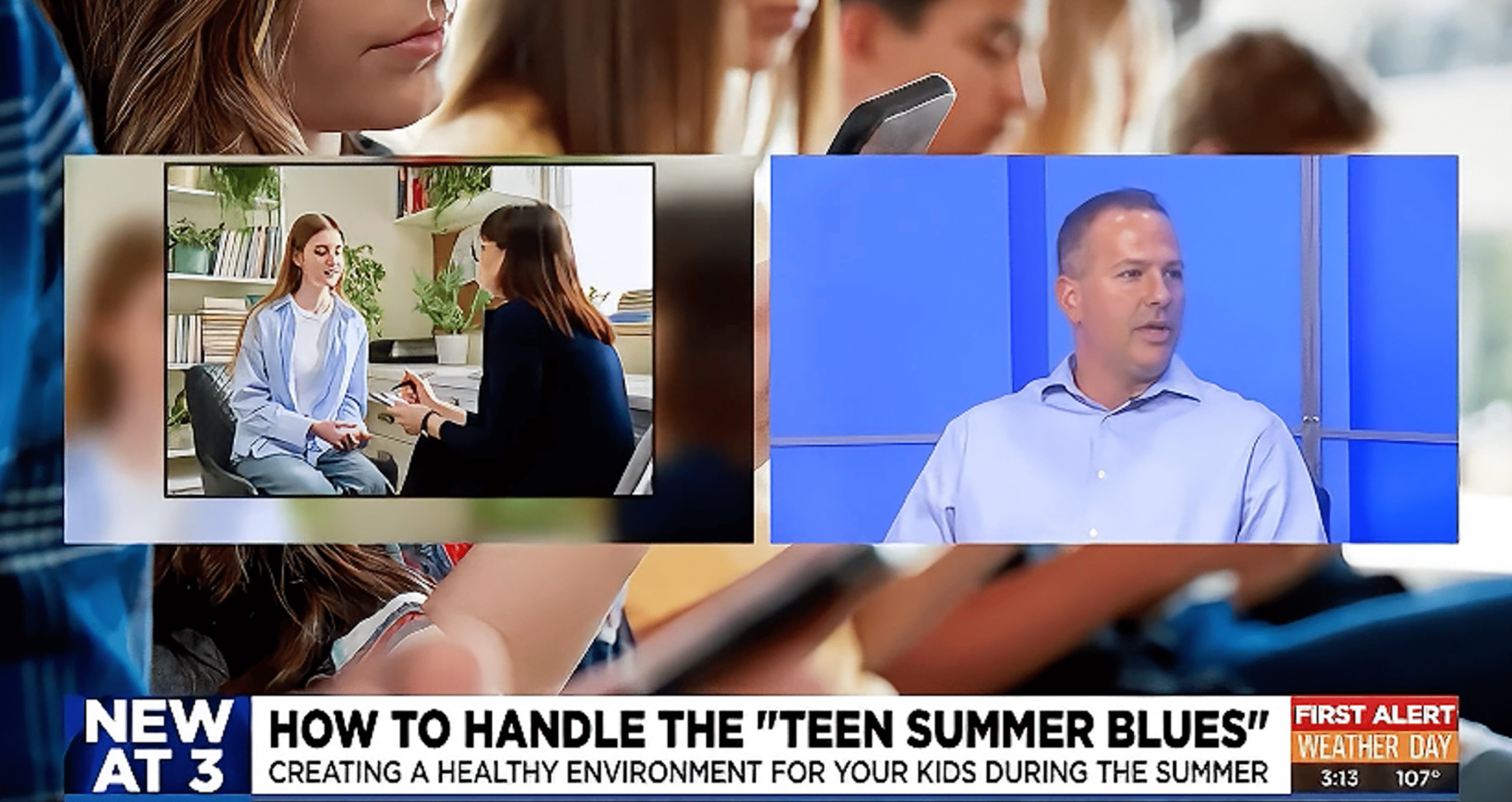
Beating the Summer Blues: Supporting Teen Mental Health During Break

Summer break is often thought of as a time for teens to unwind, go on vacation, enjoy a little freedom from school, and have fun in the sun. But for many adolescents, the season can bring unexpected emotional challenges. While it may appear to be a carefree time, the “teen summer blues” are very real, and they deserve our attention.
The Silent Struggles Behind the Scenes
According to Patrick Buehl of Horizon Recovery, the shift from a structured school schedule to the often unstructured summer months can be a difficult transition. With nearly 98% of teens using social media, and many turning to it for emotional support, what seems like a harmless pastime can actually amplify feelings of isolation and anxiety. Social platforms often showcase a “highlight reel” of peers on vacations or having fun, making those left out feel even more disconnected.
Add to that the lack of daily routine and limited parental supervision (since many parents are working), and it’s easy to see why summer can become a breeding ground for loneliness and unspoken emotional struggles.
How Parents Can Help
So, how can parents create a space where teens feel safe opening up? Buehl emphasizes the importance of cultivating a judgment-free zone at home. Teens experience intense emotions, but they often lack the tools or vocabulary to express them. That’s why validation is key.
As a parent, asking simple, open-ended questions like “What makes you happy?” or “What do you enjoy doing?” can open the door to deeper conversations. Let your teen know that whatever they’re feeling is valid, and that you’re there to support them without judgment.
Resources for Parents of Teens
Creating a Healthy Summer Environment
- Establish routines: Even light structure, like regular meals, family activities, or a part-time job, can help.
- Limit social media exposure: Encourage breaks from screens to focus on real-world connections and hobbies.
- Promote open communication: Check in regularly, and make it clear that expressing emotions is always welcome.
Final Thoughts
Mental health doesn’t take a summer break. Teens need consistent support, empathy, and validation, especially during long stretches of downtime. As Patrick Buehl reminds us, the most powerful thing we can offer is a listening ear and a safe space to be real.
If you’re concerned about your teen’s mental health this summer, don’t hesitate to reach out to professionals at Horizon Recovery.
More posts like this
.svg)
Guiding your teen’s path to mental clarity, sobriety, and a hopeful future.
For more information or to schedule a visit, please reach out to us today. Our empathetic and caring team is here to support you every step of the way.
.svg)
.avif)
.svg)
.svg)



